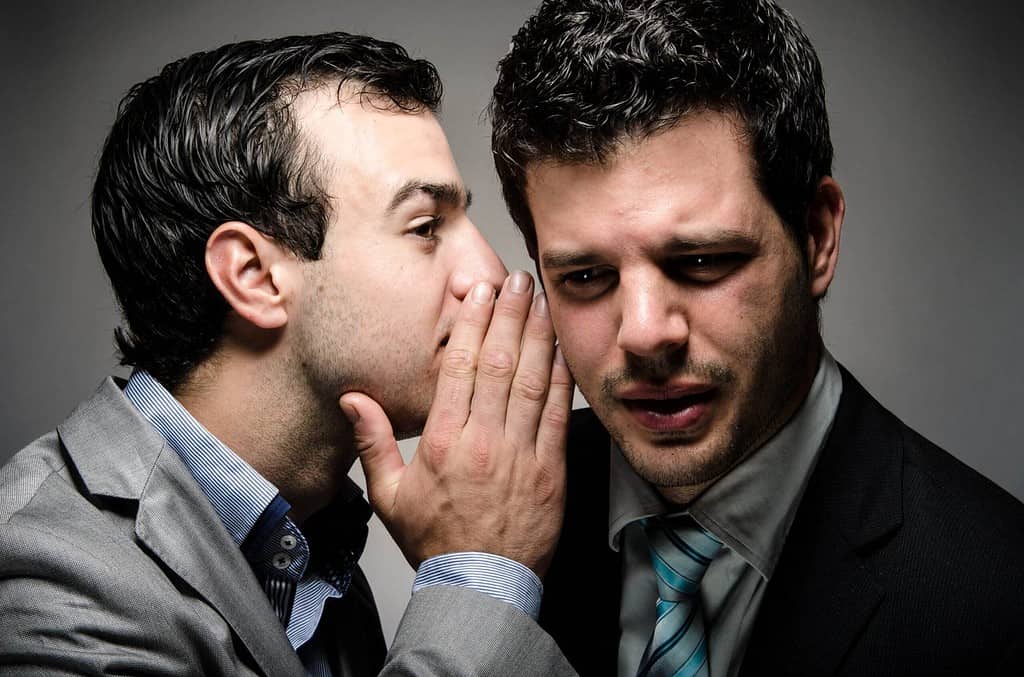Introduction
In the world of law, there are several concepts that might seem complicated and confusing to the layman. One such term is ‘hearsay.’ While this term is thrown around a lot on popular TV shows and movies, it is not often clearly explained. This blog post will serve as your guide to understanding hearsay in Maryland. Remember, this is a simplified overview and not a substitute for professional legal advice on your specific situation.
What is Hearsay?
At the most basic level, hearsay refers to any statement made outside of the court that is presented as evidence to prove the truth of the matter it asserts. For example, imagine John tells his friend Sue that he saw their neighbor Peter stealing a bike. If Sue is later called to the witness stand to recount what John told her, this would be considered hearsay. She did not see Peter stealing; she’s only repeating what John told her.
The Hearsay Rule
In Maryland, as in many other jurisdictions, there’s a general rule against the use of hearsay in court proceedings. This is because hearsay is considered unreliable. The person who originally made the statement cannot be cross-examined in court, so the defense has no way to challenge the accuracy of the information.
Hearsay Exceptions in Maryland
Despite the general rule, Maryland law recognizes numerous exceptions to the hearsay rule where such statements may still be allowed as evidence. These exceptions are based on the belief that some out-of-court statements carry enough reliability to be considered as evidence. Here are a few examples:
Present Sense Impressions and Excited Utterances
If someone makes a statement that describes or explains an event or condition while they are perceiving it or immediately afterward, this is called a ‘present sense impression’ and is not considered hearsay. Similarly, ‘excited utterances,’ or statements made under the stress of excitement caused by an event, are also an exception to the hearsay rule.
Statements of Mental, Emotional, or Physical Condition
Statements about a person’s current mental, emotional, or physical condition are generally admissible in court. This can include statements of intent, such as, “I am going to the store now.”
Business Records
Business records kept in the ordinary course of business are usually exempt from the hearsay rule in Maryland. These can include invoices, receipts, logs, etc. They are considered reliable because businesses have a legal obligation to keep accurate records.
Official Records and Documents
Official records and documents, such as public records, reports, statements of fact, and data compilations, are generally considered trustworthy and can be used as exceptions to the hearsay rule.
The Importance of Legal Representation
Understanding hearsay and its exceptions can be challenging for non-lawyers. Moreover, applying these rules in real-life situations, especially during court proceedings, requires knowledge, skill, and experience. That’s why it’s essential to consult with a professional who is well-versed in Maryland’s laws if you find yourself in a situation where these issues may arise.
Criminal Defense Attorney in Towson, MD
Contact our office today to schedule a consultation with an award-winning criminal defense attorney to explore how the rules regarding hearsay may or may not be applicable to your case as a defense strategy.

